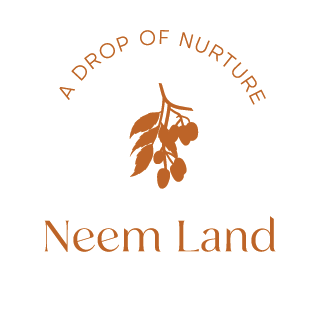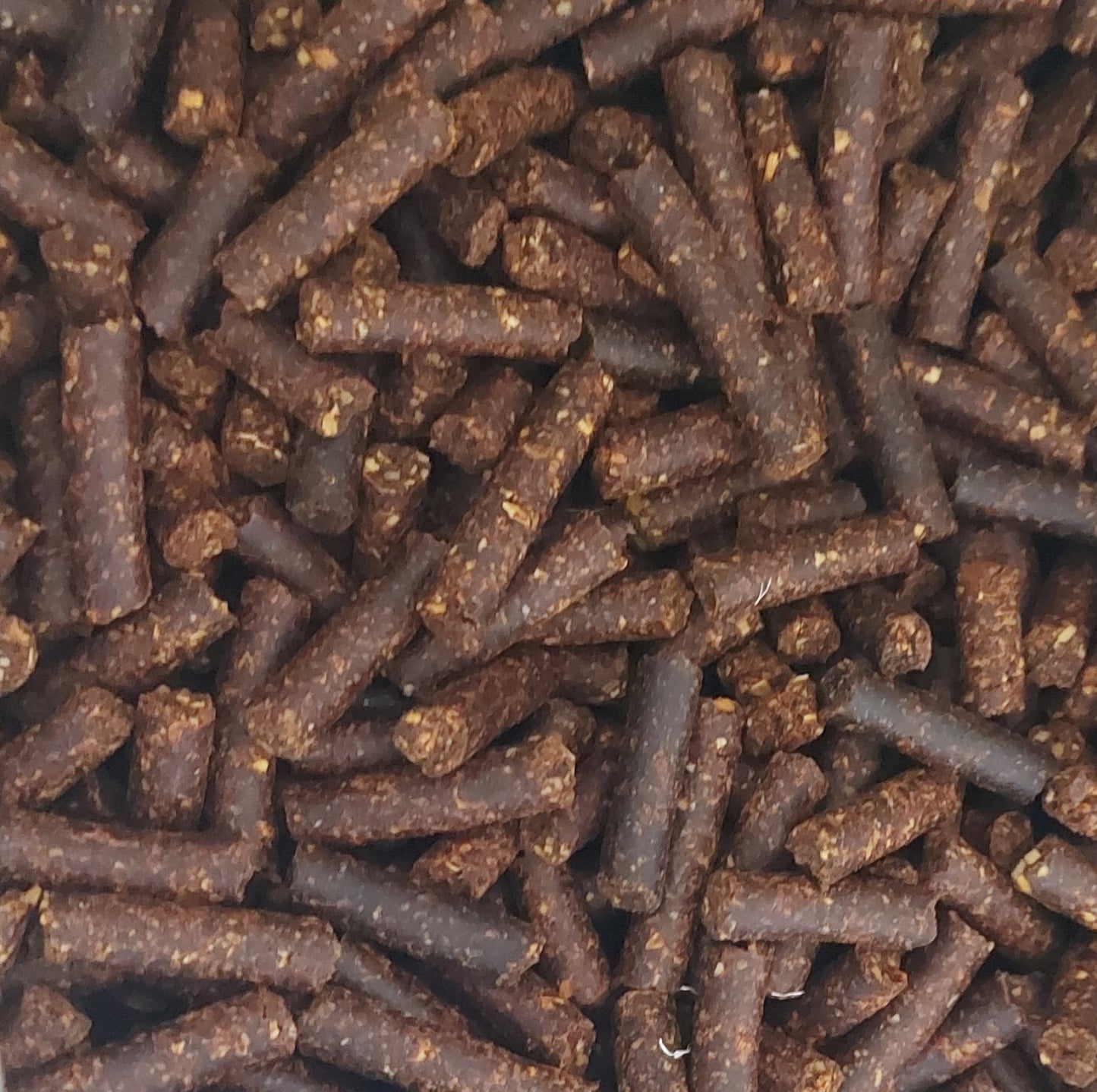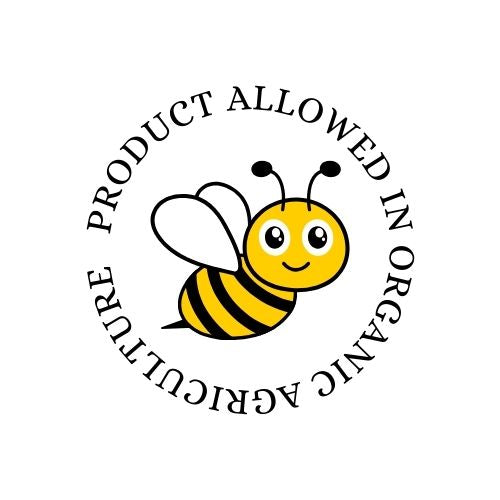How to Make Compost: A Step-by-Step Guide for Beginners
Composting is a simple yet powerful way to recycle organic waste into nutrient-rich soil for your garden. By composting, you not only reduce household waste but also enrich your soil with natural fertilizers. This guide will walk you through the process of starting and maintaining a compost pile, turning kitchen waste into valuable organic matter.

Why Compost?
Before diving into the steps, let's understand why composting is beneficial:
-
Natural Soil Enrichment: Compost improves soil structure, increases water retention, and adds essential nutrients to your garden soil.
-
Environmental Benefits: Composting reduces the amount of waste sent to landfills and decreases methane emissions, a potent greenhouse gas.
-
Cost-Effective: By creating your own compost, you can reduce the need for store-bought fertilizers and soil conditioners.
Getting Started: What You’ll Need
To start composting, you’ll need the following:
-
Compost Bin or Pile: Choose between a homemade compost bin, a commercially available bin, or simply a designated area in your yard.
-
Organic Waste: Collect kitchen scraps, yard waste, and other biodegradable materials.
-
Optional Additives: Consider adding neem cake to enhance compost quality by deterring pests and enriching the nutrient content.
Step-by-Step Guide to Making Compost
Step 1: Choose a Compost Bin or Pile
Compost Bin Ideas:
- DIY Bin: Use wooden pallets or wire mesh to create a simple, open-air bin.
- Tumbler Bin: Opt for a rotating compost tumbler for easy mixing and faster decomposition.
- Enclosed Bin: Choose a sealed bin to deter pests and control odors in small spaces.
Step 2: Gather Organic Materials
What to Compost:
- Greens: Kitchen scraps like fruit and vegetable peels, coffee grounds, and tea bags.
- Browns: Dry leaves, straw, shredded newspaper, and cardboard.
- Neem Cake: Incorporate neem cake into the mix to enhance compost quality and naturally deter pests.
What Not to Compost:
- Meat and Dairy: These can attract pests and cause odor issues.
- Diseased Plants: Avoid adding plants with diseases or pests.
- Synthetic Materials: Plastics and other non-biodegradable materials should be kept out.
Step 3: Build Your Compost Pile
Layering Technique:
- Base Layer: Start with a layer of coarse materials like twigs or straw to improve airflow.
- Alternate Layers: Add alternating layers of greens and browns, maintaining a balanced mix.
- Moisture Check: Ensure the pile is moist, like a wrung-out sponge, to promote decomposition.
- Neem Oil Spray: Occasionally spray neem oil diluted with water to prevent pests and enhance compost quality.
Step 4: Maintain Your Compost
Turning the Pile:
- Aeration: Turn the pile every 2-4 weeks to introduce oxygen, which speeds up decomposition.
- Temperature Check: A well-maintained pile should feel warm, indicating active microbial activity.
- Troubleshooting: If the pile smells or attracts pests, adjust the balance of greens and browns and ensure proper aeration.
Step 5: Harvest Your Compost
Ready Compost:
- Appearance: Finished compost should be dark, crumbly, and earthy-smelling.
- Timeframe: Depending on conditions, compost can be ready in 3-6 months.
- Application: Use compost as a soil amendment or top dressing for plants, providing them with natural soil enrichment.
Composting Tips for Beginners
- Start Small: Begin with a small pile or bin to manage the process easily.
- Balance is Key: Maintain a 2:1 ratio of browns to greens for optimal decomposition.
- Additives: Incorporate neem cake to boost nutrient content and naturally deter pests.
Final Thoughts
Composting is a rewarding practice that benefits both your garden and the environment. By following these beginner composting tips, you can successfully turn organic waste into nutrient-rich compost, promoting natural soil enrichment in your garden.
Call to Action
Ready to start composting? Try adding neem oil and neem cake to your composting routine for enhanced results. Share your composting experiences in the comments below, and subscribe to our blog for more organic gardening tips and tricks.









